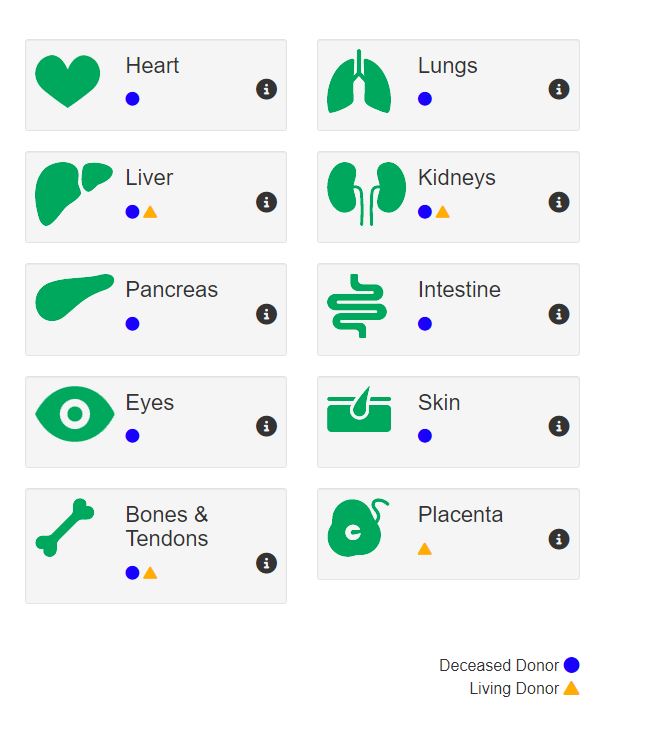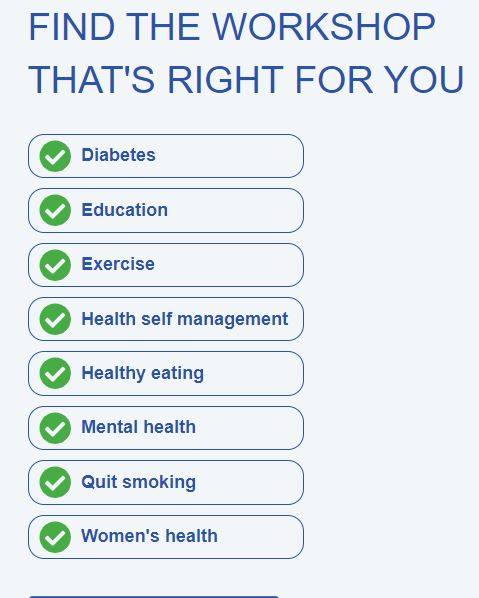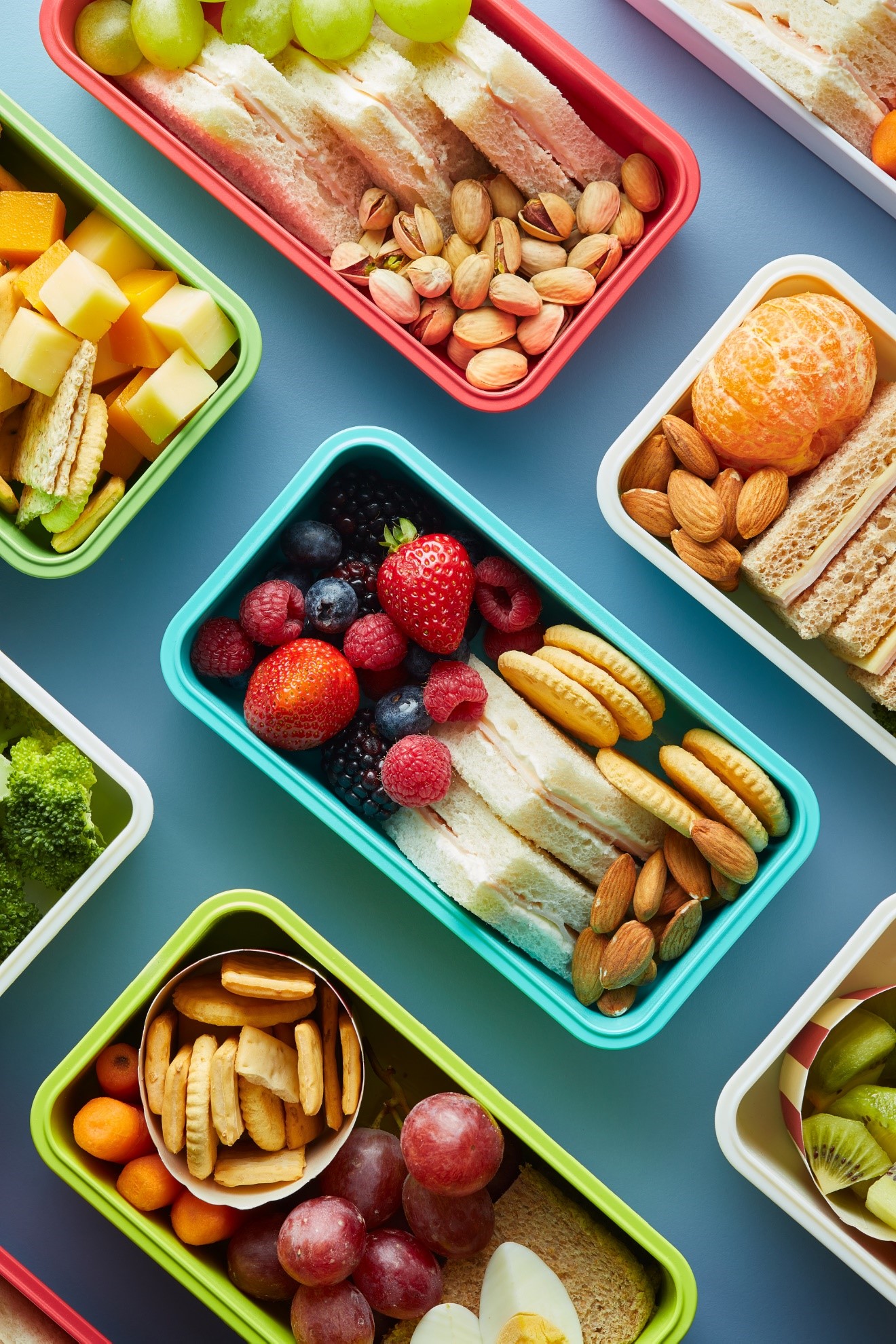Help In Tough Times
We Are Here to Help. You Are Not Alone 
At some point in our lives, we have stressful times. Unexpected difficulties, financial pressures, unemployment, or situations such as emergencies and disasters can affect us. There are resources and services available to help you and your loved ones during a difficult time. Remember, it is okay to ask for help. Everyone deals with stress differently and a traumatic event can have a big impact.
Help Available 24/7
The following helplines are available 24/7 for support or access to addiction and substance use or mental health information and services.
Helplines
Addiction Helpline – 1-866-332-2322
Mental Health Helpline – 1-877-303-2642
Additional Support
811 Health Link – Health Advice 24/7
211 Alberta – Community Services
Indigenous Support Line – 1-844-944-4744
Crisis Text Line – Text CONNECT to 741741
Family Violence – Find Supports – 310-1818 (call/text, online chat)
Income Supports – 1-866-644-5135
Indigenous Support Line – 1-844-944-4744
Kids Help Phone – 1-800-668-6868 or text CONNECT to 686868
MyHealth.Alberta.ca: List of Important Numbers
Physician & Family Support Program – 1-877-767-4637
Suicide Crisis Helpline – 988
Talk Suicide Canada call – 1-833-456-4566, text – 45645










